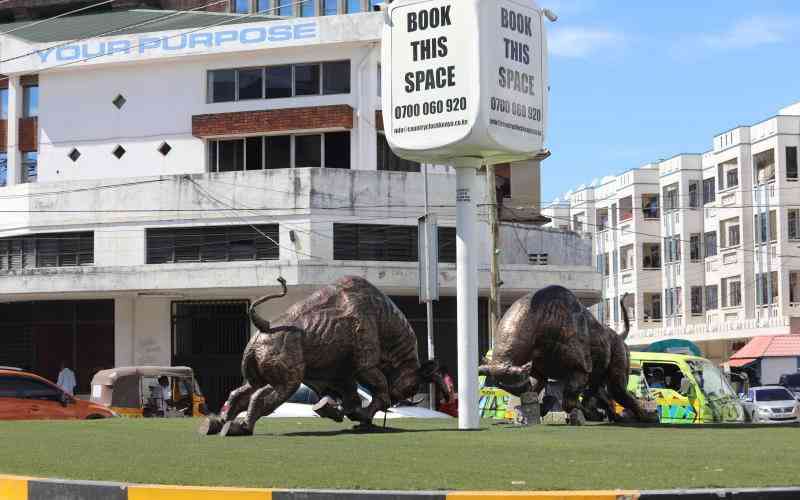×
The Standard e-Paper
Smart Minds Choose Us

Greetings, good people! It's almost Christmas so in the spirit of generosity, I will not revisit Prezzo Bill Ruto's media interview last weekend.
I don't know who advised it, but I suppose when things are going wrong, some may feel it's better to say something instead of keeping mum.